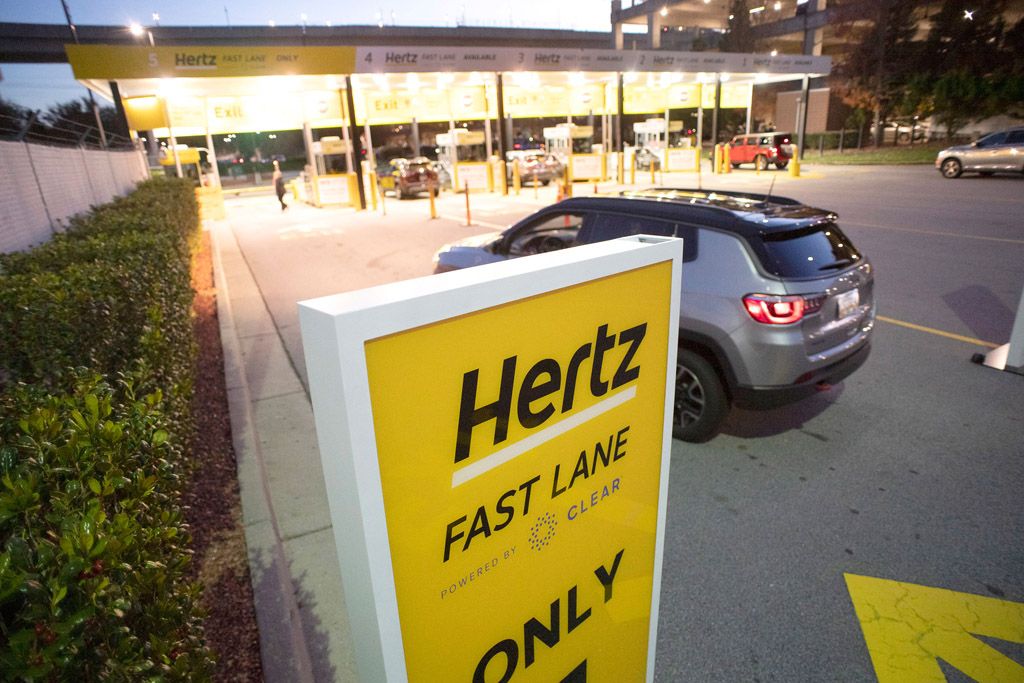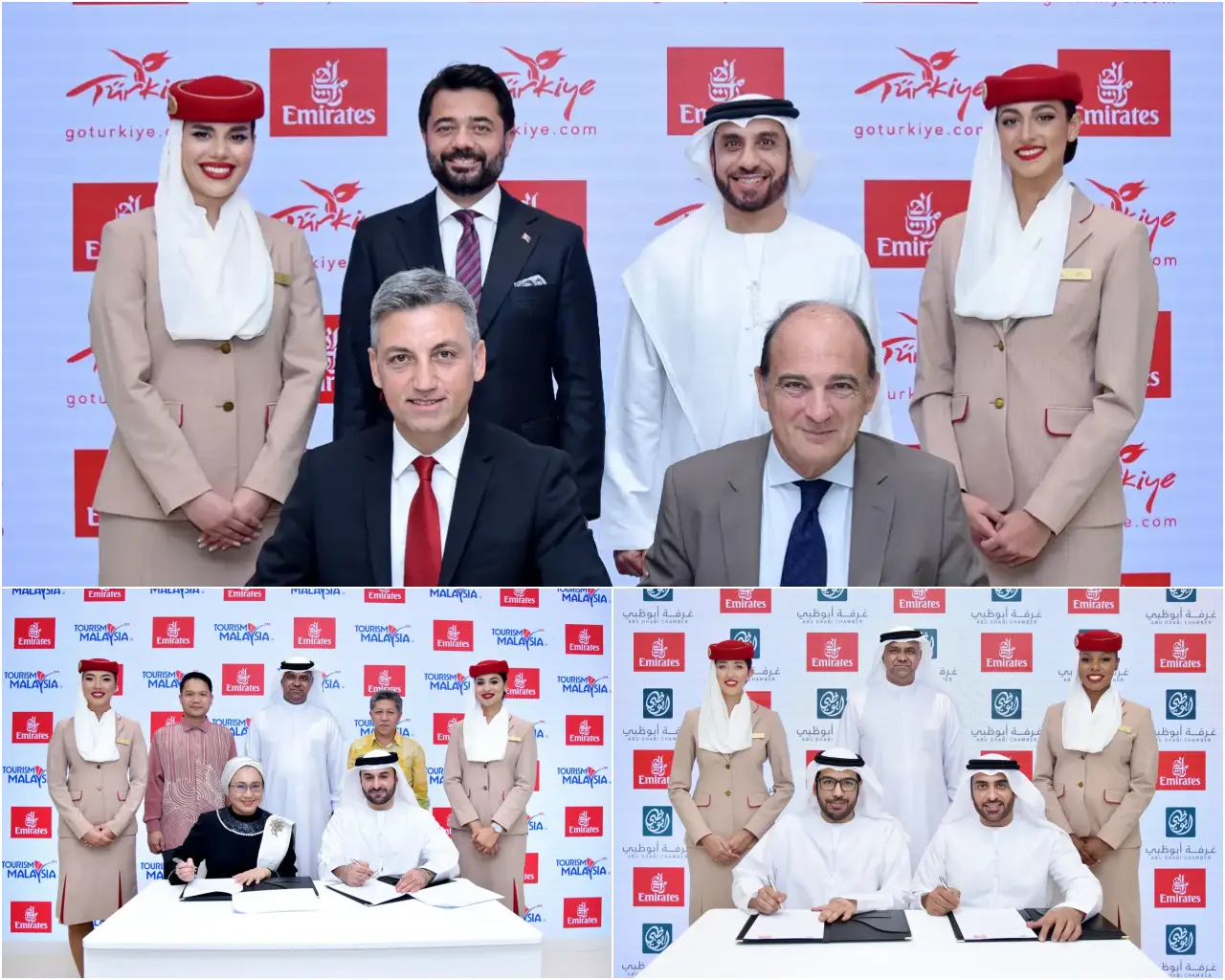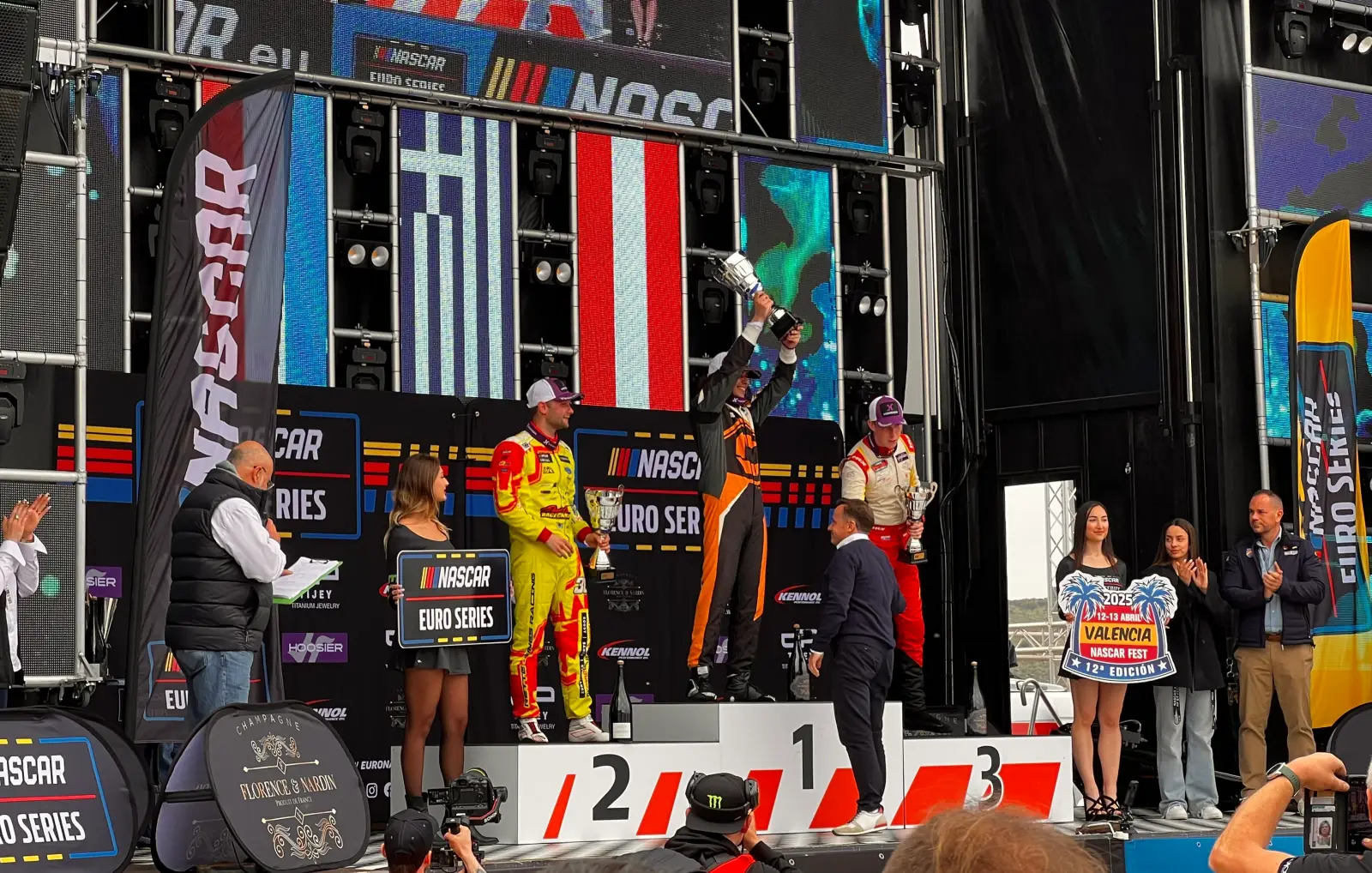Hertz Global Holdings, Inc. that operates the Hertz, Dollar and Thrifty vehicle rental brands announced it and certain of its U.S. and Canadian subsidiaries have filed voluntary petitions for reorganization under Chapter 11 in the U.S. Bankruptcy Court for the District of Delaware.
The impact of COVID-19 on travel demand was sudden and dramatic, causing an abrupt decline in the Company’s revenue and future bookings. Hertz took immediate actions to prioritize the health and safety of employees and customers, eliminate all non-essential spending and preserve liquidity. However, uncertainty remains as to when revenue will return and when the used-car market will fully re-open for sales, which necessitated today’s action. The financial reorganization will provide Hertz a path toward a more robust financial structure that best positions the Company for the future as it navigates what could be a prolonged travel and overall global economic recovery.
Hertz’s principal international operating regions including Europe, Australia and New Zealand are not included in the U.S. Chapter 11 proceedings. In addition, Hertz’s franchised locations, which are not owned by the Company, also are not included in the Chapter 11 proceedings.
All Hertz Businesses Remain Open and Serving Customers
All of Hertz’s businesses globally, including its Hertz, Dollar, Thrifty, Firefly, Hertz Car Sales, and Donlen subsidiaries, are open and serving customers. All reservations, promotional offers, vouchers, and customer and loyalty programs, including rewards points, are expected to continue as usual. Customers can count on the same high level of service and reliability, including new initiatives such as “Hertz Gold Standard Clean” sanitization protocols to provide additional safety in response to the COVID-19 pandemic.
“Hertz has over a century of industry leadership and we entered 2020 with strong revenue and earnings momentum,” said Hertz President and CEO Paul Stone. “With the severity of the COVID-19 impact on our business, and the uncertainty of when travel and the economy will rebound, we need to take further steps to weather a potentially prolonged recovery. Today’s action will protect the value of our business, allow us to continue our operations and serve our customers, and provide the time to put in place a new, stronger financial foundation to move successfully through this pandemic and to better position us for the future. Our loyal customers have made us one of the world’s most iconic brands, and we look forward to serving them now and on their future journeys.”
First Day Motions
As part of the reorganization process, the Company will file customary “First Day” motions, which should allow it to maintain operations in the ordinary course. Hertz intends to continue to provide the same vehicle quality and selection; to pay vendors and suppliers under customary terms for goods and services received on or after the filing date; to pay its employees in the usual manner and to continue without disruption their primary benefits; and to continue the Company’s customer loyalty programs.
Sufficient Cash to Support Operations
As of the filing date, the Company had more than $1 billion in cash on hand to support its ongoing operations. Depending upon the length of the COVID-19 induced crisis and its impact on revenue, the Company may seek access to additional cash, including through new borrowings, as the reorganization progresses.
Strong Upward Trajectory
Hertz was on a strong upward financial trajectory prior to the COVID-19 pandemic, including ten consecutive quarters of year-over-year revenue growth and nine quarters of year-over-year adjusted corporate EBITDA improvement. In January and February 2020, the Company increased global revenue 6% and 8% year over year, respectively, driven by higher U.S. car rental revenue. In addition, the Company was recognized as No. #1 in customer satisfaction by J.D. Power and as one of the World’s Most Ethical Companies by Ethisphere.
Taking Actions in Response to COVID-19
When the effects of the crisis began to manifest in March, causing an increase in car rental cancellations and a decline in forward bookings, the Company moved quickly to adjust. Hertz took action to align expenses with significantly lower demand levels by closely managing overhead and operating costs, including:
- reducing planned fleet levels through vehicle sales and by canceling fleet orders,
- consolidating off-airport rental locations,
- deferring capital expenditures and cutting marketing spend, and
- implementing furloughs and layoffs of 20,000 employees, or approximately 50% of its global workforce.
The Company actively engaged with many of its largest creditors to temporarily reduce the required payments under the Company’s vehicle operating lease. Although Hertz negotiated short-term relief with such creditors, it was unable to secure longer-term agreements. Additionally, the Company sought assistance from the U.S. government, but access to funding for the rental car industry did not become available.
White & Case LLP is serving as legal advisor, Moelis & Co. is serving as investment banker, and FTI Consulting is serving as financial advisor.













